Junshen K. Chen
Modular Domain Adaptation
Apr 26, 2022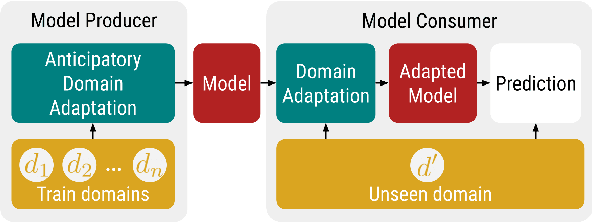
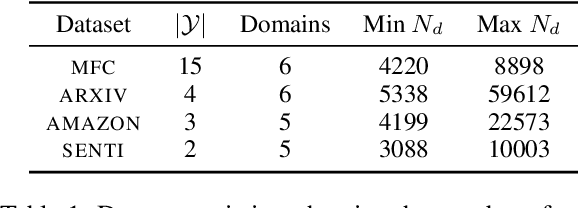
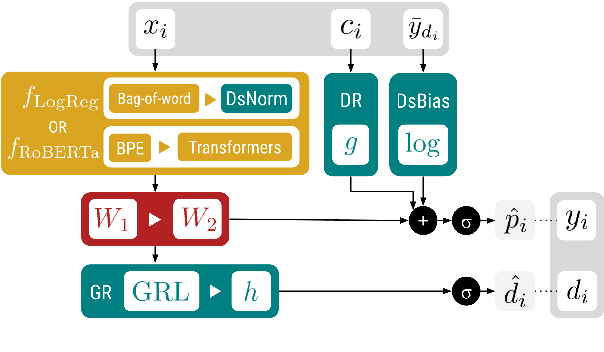
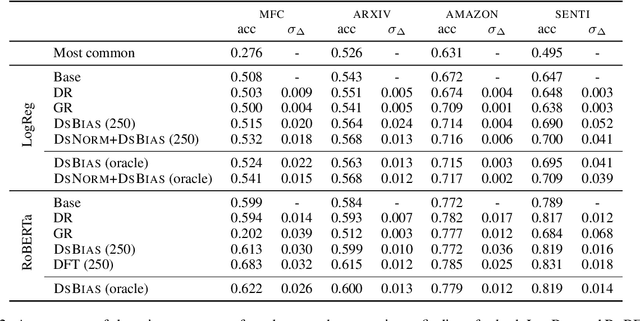
Abstract:Off-the-shelf models are widely used by computational social science researchers to measure properties of text, such as sentiment. However, without access to source data it is difficult to account for domain shift, which represents a threat to validity. Here, we treat domain adaptation as a modular process that involves separate model producers and model consumers, and show how they can independently cooperate to facilitate more accurate measurements of text. We introduce two lightweight techniques for this scenario, and demonstrate that they reliably increase out-of-domain accuracy on four multi-domain text classification datasets when used with linear and contextual embedding models. We conclude with recommendations for model producers and consumers, and release models and replication code to accompany this paper.
Topological Planning with Transformers for Vision-and-Language Navigation
Dec 09, 2020
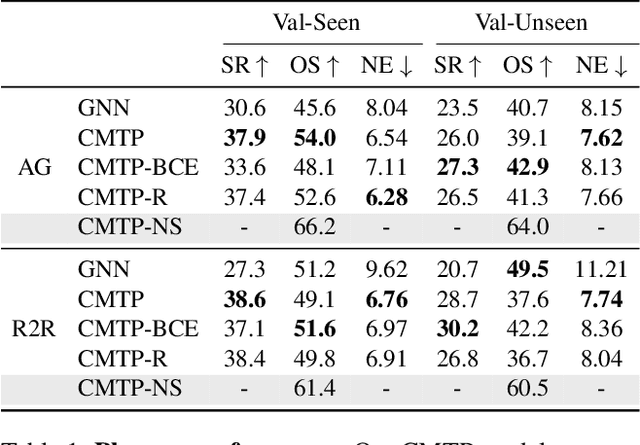


Abstract:Conventional approaches to vision-and-language navigation (VLN) are trained end-to-end but struggle to perform well in freely traversable environments. Inspired by the robotics community, we propose a modular approach to VLN using topological maps. Given a natural language instruction and topological map, our approach leverages attention mechanisms to predict a navigation plan in the map. The plan is then executed with low-level actions (e.g. forward, rotate) using a robust controller. Experiments show that our method outperforms previous end-to-end approaches, generates interpretable navigation plans, and exhibits intelligent behaviors such as backtracking.
 Add to Chrome
Add to Chrome Add to Firefox
Add to Firefox Add to Edge
Add to Edge